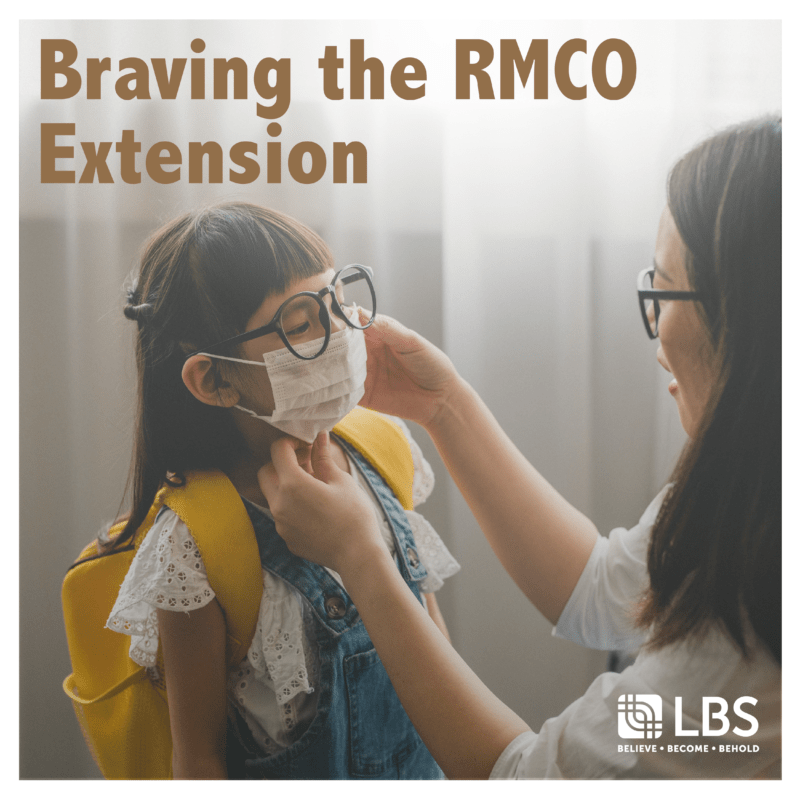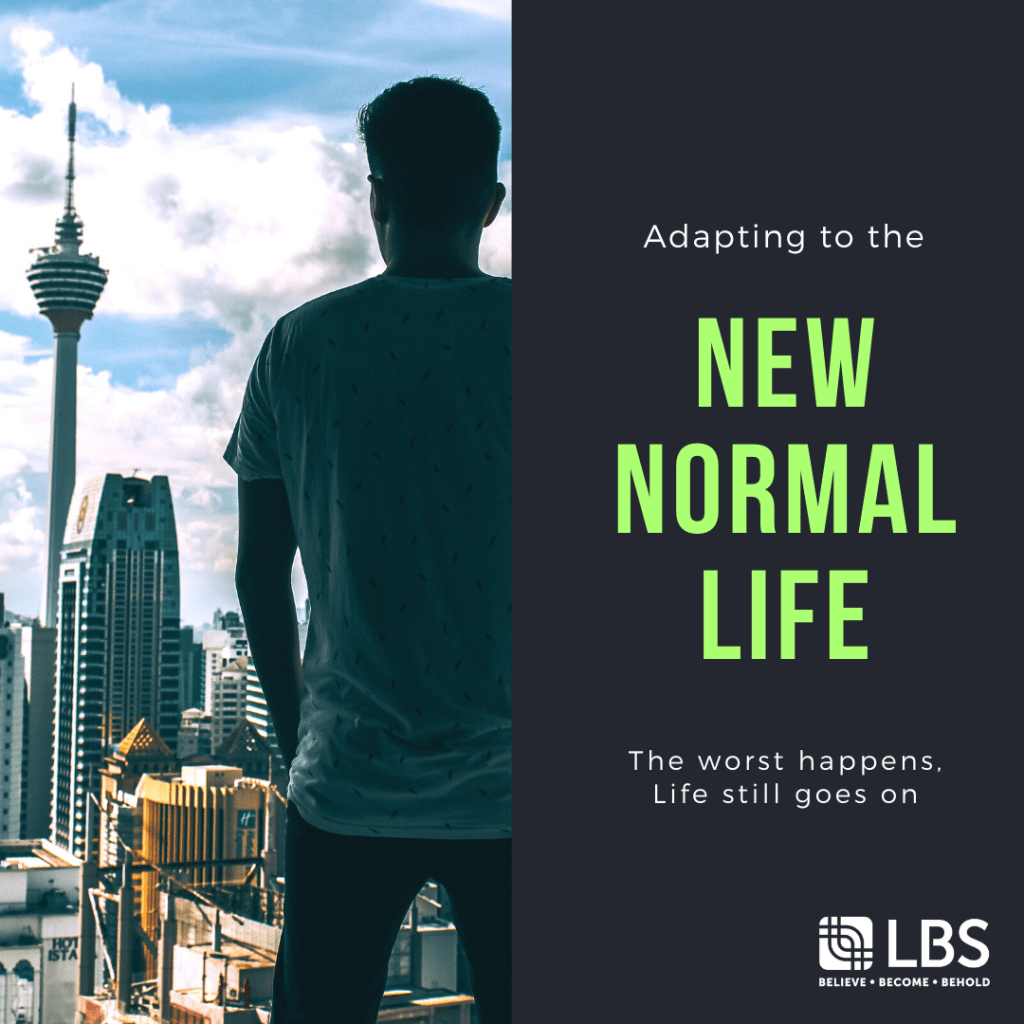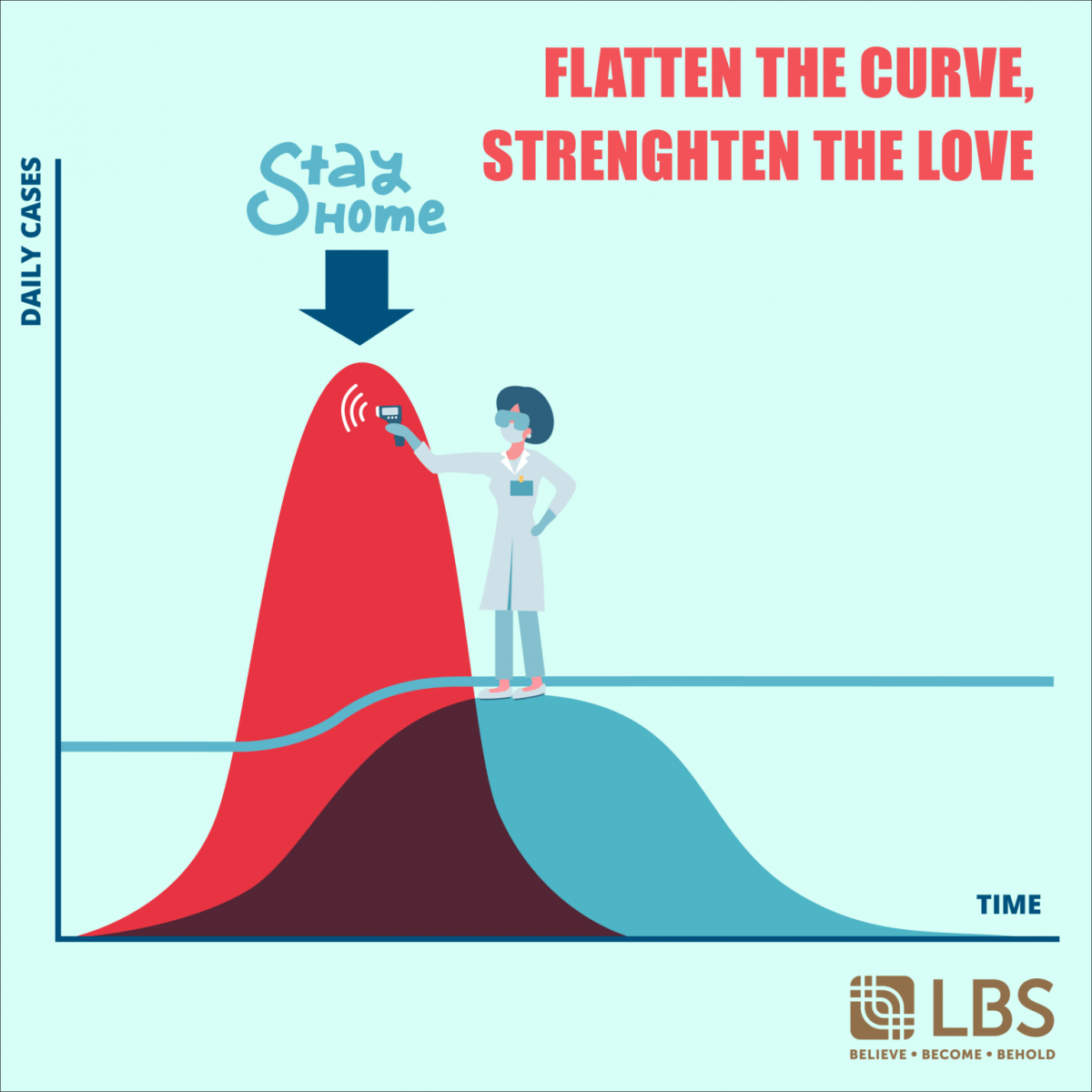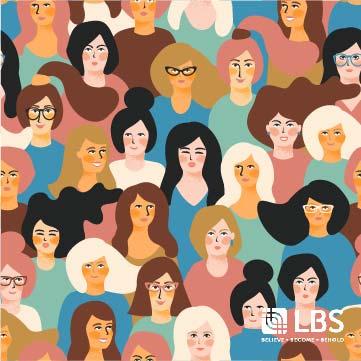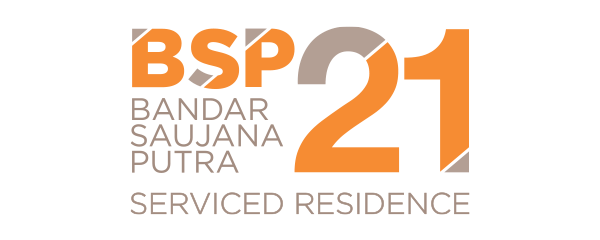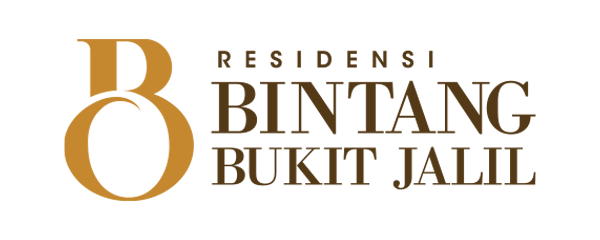All You Need To Know About Mortgages
D
on
July 8, 2021
Finding the right home can be tricky, from the location, to the type, the design as well as size. But eventually it all comes down to what you can afford. As we’ve mentioned earlier, it’s very important to differentiate between wanting to buy a property and being able to afford one.
Here, we’ll be talking about mortgages and how you too can finance your home the right way.
The most important question you should ask yourself is “how much can I afford and how much can I borrow?” The percentage of down payment you pay at the beginning will affect the amount of monthly mortgage payments you pay later on. If you can afford to pay a higher down payment, then you will be borrowing less, thus lower mortgage payment every month.
When determining how much you can afford to pay for your home, there are a few things you might want to consider:
- down payment amount,
- monthly expenses,
- credit rating, and
- income.
The simple rule to follow; your collective monthly debt should not exceed a third of your monthly income. This debt includes any car payments, education loans or any other costs you have on a monthly basis. Working out your collective debt plan will help determine a ceiling price for the mortgage you are able to afford. We advise you to calculate the amount of mortgage you can afford before considering a property.
The amount you can borrow is determined on the value of your property, your income and your repayment capability. When looking for an ideal loan, do consider the interest rate and the duration of the loan. The higher the interest rate, the more money you will pay each month. Interest rates can be fixed or adjustable. Adjustable interest rates change overtime whereas fixed interest rates remain the same.
As for the financing, you have the choice of conventional financing or Islamic financing. Under conventional financing, your loan consists of a principal amount, plus the interest charged on you. Islamic financing works on a different concept of buying and selling, where the financial institution purchases the property and then sells it to you higher than the purchased price.
It’s important to pay attention to every little detail, like the margin of finance, the lock-in period, as well as branch location. It’s just as important that you keep in mind all the other fees involved in purchasing a home. It is obviously not just going to cost you the down payment and the subsequent mortgages. Other fees such as the legal fee, insurance fee, transaction fee etc. are items you would need to calculate in as well.
Generally, most mortgages are calculated for either 15 years or 30 years. A 30-year mortgage involves a lower monthly payment than a 15-year mortgage for the same amount, but the total amount paid in interest will be greater. The following reference can be used when calculating the best mortgage rates: https://www.imoney.my/home-loan.
Always remember, choose a mortgage plan that meets your needs best and is carried out with the least amount of financial strain.
References:








